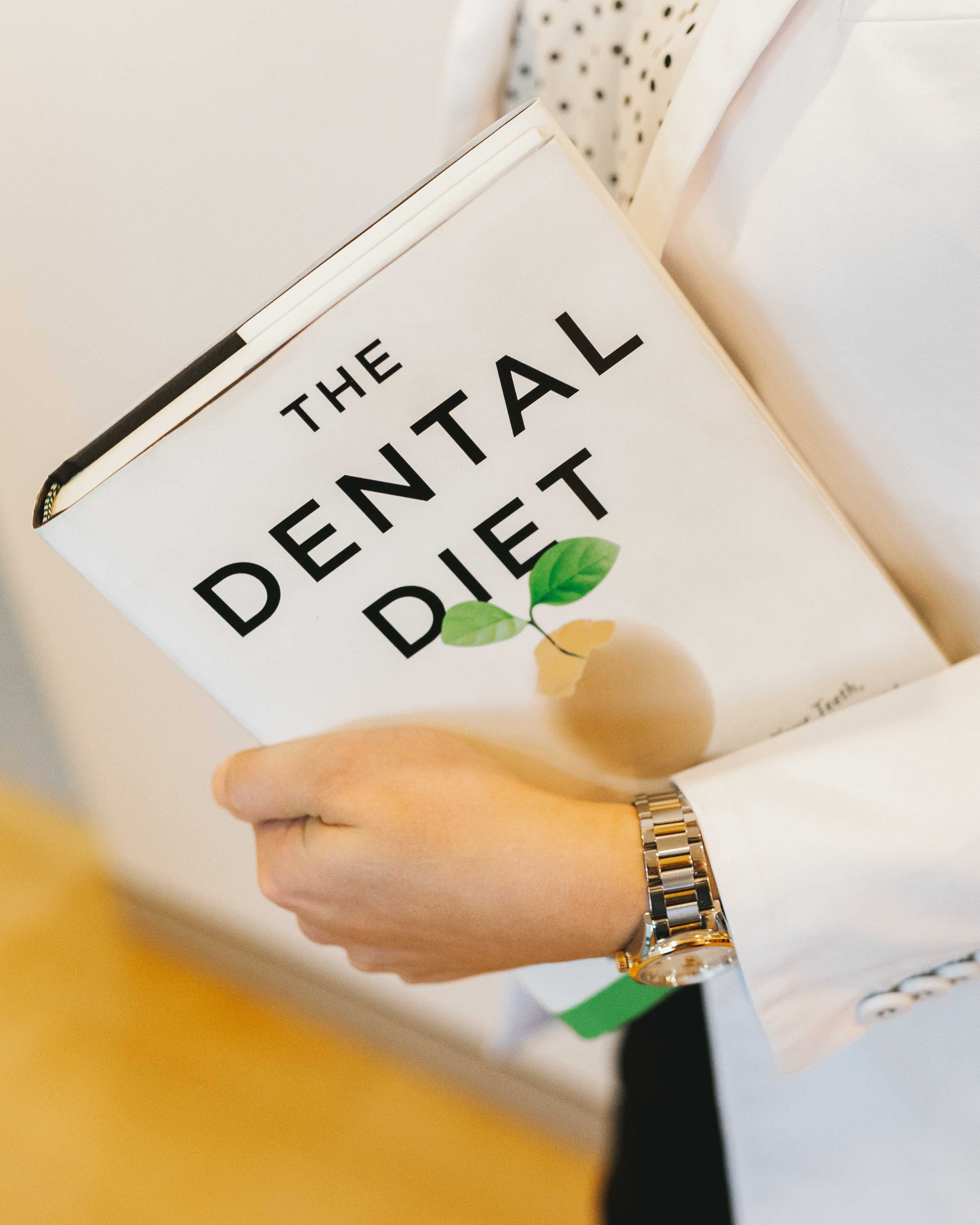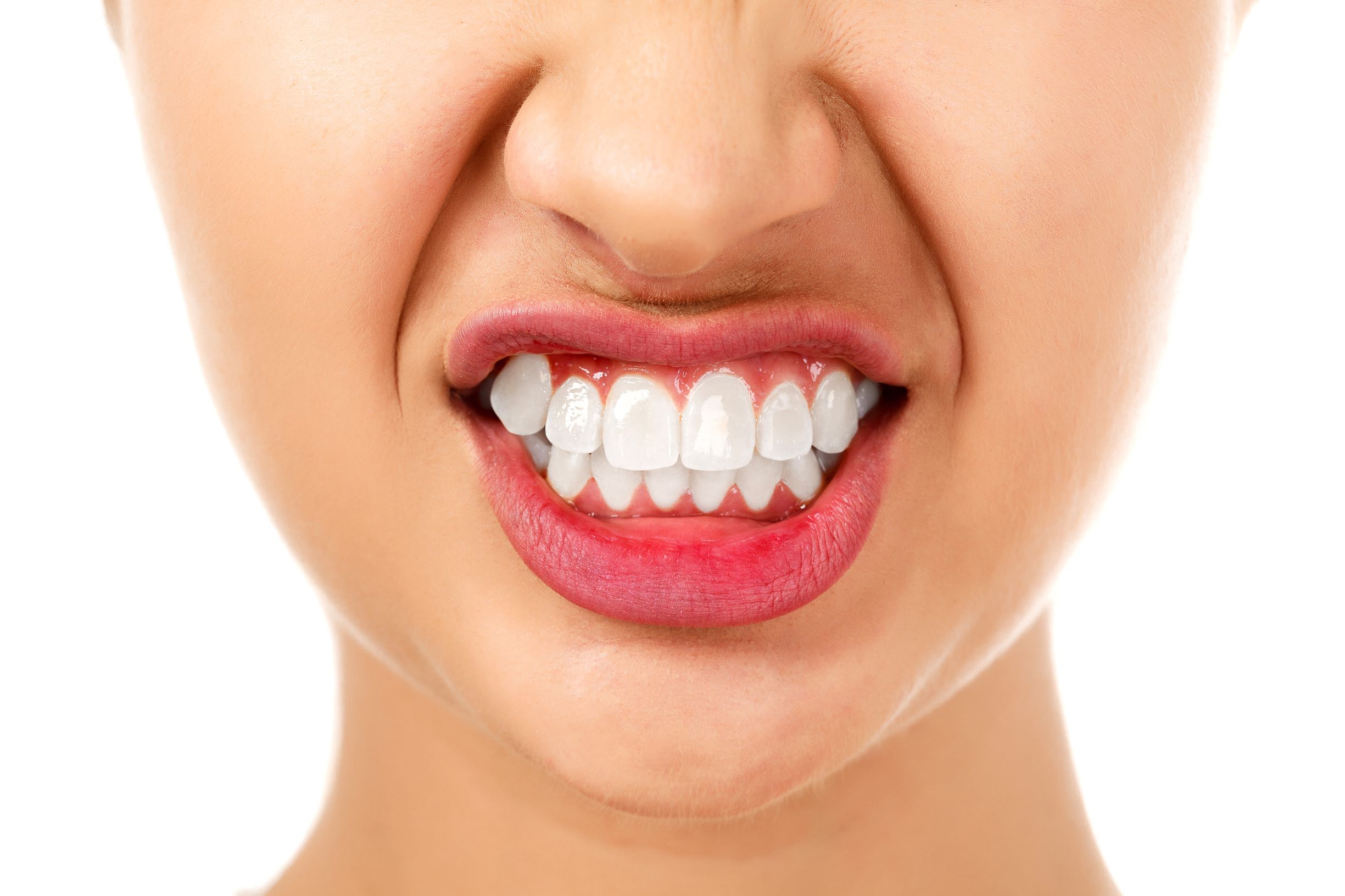
Dental Health Week: How to take the bite out of our dental health crisis
Expensive and painful dental treatments have become part of growing up for many children; a sad reality that Helix Dentistry is determined to change for

Everyone wants to keep their teeth. If there’s one goal of a healthy mouth, it’s to ensure you keep your teeth strong and gums healthy. So why do so many people today lose their teeth? Gum disease (periodontitis) is the leading cause of adult tooth loss. It’s also preventable.
It’s important to understand what causes gum disease, so that we can address those issues and treat it effectively.
By plaque build-up accumulating on your teeth between brushing and flossing sessions. Either oral hygiene isn’t adequate, or problems like crowded teeth make areas difficult to clean.
Some people find that gum disease runs in their family. Although bacteria can be spread by kissing or sharing eating utensils, there may be some indication that certain people are more genetically predisposition to suffering from periodontitis than others are. Certain scientists believe oral biofilm may even pass from a mother through the placenta to her developing child.
If your mother or father lost their teeth at a young age and had to get dentures, it’s best to take proactive steps to diagnose your own gum disease as early as possible (and prevent tooth loss altogether!)
How can you tell if you have a periodontal infection? Common gum disease signs often include:
Active gum disease (bleeding and receding gums) is closely linked with numerous health conditions. The presence of periodontitis often means your body’s immune system is struggling to manage underlying medical challenges. By eliminating the oral infection, you can improve your changes of treating, preventing, and managing conditions like:
Numerous studies have shown that oral plaque biofilm can spread from the mouth through the cardiovascular system. Inflmmation of the blood vessel walls (including the heart and arteries around the brain can be related to cardiovascular disease. Gum disease may be your first signs your risk of conditions like stroke and heart attack.
Can dental problems cause heart problems? Although the two are closely linked, it’s believed that gum disease increases the risk of cardiovascular disease rather than acting as the primary cause. Consequently, individuals with heart issues may find improved overall health by treating their active periodontitis. Leaving an oral infection untreated can significantly increase the risk of suffering from a cardiovascular attack.
Yes. Without healthy tissue attachment, there is nothing to help hold the teeth into place. Do your gums grow back? No. If severe gum loss is a concern, therapies such as soft tissue grafting can help to re-cover the areas affected by recession.
You shouldn’t delay a gum disease examination. The first step is to find the cause of the gum disease. The next step is to treat it effectively.
Good oral hygiene can reverse the earliest form of gum disease: gingivitis. Through daily brushing and flossing, you can lift away soft plaque biofilm to prevent it from calcifying in place. But once it has hardened into tartar, only a dental professional can clean away the build-up.
Curing gum disease depends on when you catch it, and whether you find
Although the infection can be halted, it is not reversible. The key is to clean the infected areas to prevent additional disease and tissue detachment. That’s why early screenings, checkups, and routine scale and cleans are ideal.
Scheduling a preventative care appointment every six months is one of the best ways to prevent gum disease from developing.
But if it’s been years since you’ve had your teeth cleaned, or you haven’t flossed like you should, gum disease may pop up without you realising until it’s too late. At this point, a more therapeutic and deeper cleaning is necessary to get your smile back on track.
f you smoke, you may not experience the same symptoms as a person who does not use tobacco products. In many cases, smoking can inhibit the symptoms of inflammation and bleeding, masking the most common warning signs of gum disease.
A periodontal cleaning (scaling and root planing) can be combined with laser treatment to remove tartar build-up and treat infected gum tissues. Deep cleanings are typically recommended if there are several pockets of infection or a moderate amount of calcified build-up throughout the mouth.
Good oral hygiene helps to prevent harmful bacteria build up. By keeping them clean through daily flossing. Investing in an electric toothbrush can help, make sure you ask us for your best oral hygiene regime.
In some cases, a locally placed antibiotic may be needed to reverse more severe infection in specific points throughout your mouth. For advanced gum disease, surgeries such as bone grafting, crown lengthening, or soft tissue grafts are the only ways to preserve the tissue supporting your teeth.
When gum disease goes untreated, severely affected teeth may not be salvageable and have to be extracted. This prevents the spread of infection to adjacent teeth and halts problems like bone loss.
1. Decrease sugar and processed carbohydrates consumption in your diet. These provide harmful oral biofilm more “fuel” to feed on. Instead, snack on crispy produce, cheese, and whole grains.
2. Eating a diet rich in fresh dietary fibre to feed healthy bacteria such as fruits and vegetables
3. Include fermented probiotic foods to re-populate the probiotic oral microbiome that provide a protective function for your gums.
4. Eat plenty of foods rich in fat-soluble vitamins A, D and K2.
5. Cook foods rich in collagen. Collagen, found in the fatty animal cuts breaks down to the amino acids that make up your gums and other connective tissues in the body.
f you’re looking for gum disease treatment in the Central Coast, Helix Dentistry is here to help.
Our prevention focused strategies and non-surgical soft tissue therapy are a great first line of treatment for eliminating periodontitis and preventing tooth loss. As we work together during your scalings, our Long Jetty dental team will share therapeutic techniques and oral hygiene methods that can help you to halt infection and prevent it from getting worse.
At Helix Dentistry, we want your smile to last a lifetime. Don’t let bleeding or infected gums interfere with your overall health and quality of life! Contact us today to schedule your first exam and clean with us.

Everyone wants to keep their teeth. If there’s one goal of a healthy mouth, it’s to ensure you keep your teeth strong and gums healthy. So why do so many people today lose their teeth? Gum disease (periodontitis) is the leading cause of adult tooth loss. It’s also preventable.
It’s important to understand what causes gum disease, so that we can address those issues and treat it effectively.
By plaque build-up accumulating on your teeth between brushing and flossing sessions. Either oral hygiene isn’t adequate, or problems like crowded teeth make areas difficult to clean.
Some people find that gum disease runs in their family. Although bacteria can be spread by kissing or sharing eating utensils, there may be some indication that certain people are more genetically predisposition to suffering from periodontitis than others are. Certain scientists believe oral biofilm may even pass from a mother through the placenta to her developing child.
If your mother or father lost their teeth at a young age and had to get dentures, it’s best to take proactive steps to diagnose your own gum disease as early as possible (and prevent tooth loss altogether!)
How can you tell if you have a periodontal infection? Common gum disease signs often include:
Active gum disease (bleeding and receding gums) is closely linked with numerous health conditions. The presence of periodontitis often means your body’s immune system is struggling to manage underlying medical challenges. By eliminating the oral infection, you can improve your changes of treating, preventing, and managing conditions like:
Numerous studies have shown that oral plaque biofilm can spread from the mouth through the cardiovascular system. Inflmmation of the blood vessel walls (including the heart and arteries around the brain can be related to cardiovascular disease. Gum disease may be your first signs your risk of conditions like stroke and heart attack.
Can dental problems cause heart problems? Although the two are closely linked, it’s believed that gum disease increases the risk of cardiovascular disease rather than acting as the primary cause. Consequently, individuals with heart issues may find improved overall health by treating their active periodontitis. Leaving an oral infection untreated can significantly increase the risk of suffering from a cardiovascular attack.
Yes. Without healthy tissue attachment, there is nothing to help hold the teeth into place. Do your gums grow back? No. If severe gum loss is a concern, therapies such as soft tissue grafting can help to re-cover the areas affected by recession.
You shouldn’t delay a gum disease examination. The first step is to find the cause of the gum disease. The next step is to treat it effectively.
Good oral hygiene can reverse the earliest form of gum disease: gingivitis. Through daily brushing and flossing, you can lift away soft plaque biofilm to prevent it from calcifying in place. But once it has hardened into tartar, only a dental professional can clean away the build-up.
Curing gum disease depends on when you catch it, and whether you find
Although the infection can be halted, it is not reversible. The key is to clean the infected areas to prevent additional disease and tissue detachment. That’s why early screenings, checkups, and routine scale and cleans are ideal.
Scheduling a preventative care appointment every six months is one of the best ways to prevent gum disease from developing.
But if it’s been years since you’ve had your teeth cleaned, or you haven’t flossed like you should, gum disease may pop up without you realising until it’s too late. At this point, a more therapeutic and deeper cleaning is necessary to get your smile back on track.
f you smoke, you may not experience the same symptoms as a person who does not use tobacco products. In many cases, smoking can inhibit the symptoms of inflammation and bleeding, masking the most common warning signs of gum disease.
A periodontal cleaning (scaling and root planing) can be combined with laser treatment to remove tartar build-up and treat infected gum tissues. Deep cleanings are typically recommended if there are several pockets of infection or a moderate amount of calcified build-up throughout the mouth.
Good oral hygiene helps to prevent harmful bacteria build up. By keeping them clean through daily flossing. Investing in an electric toothbrush can help, make sure you ask us for your best oral hygiene regime.
In some cases, a locally placed antibiotic may be needed to reverse more severe infection in specific points throughout your mouth. For advanced gum disease, surgeries such as bone grafting, crown lengthening, or soft tissue grafts are the only ways to preserve the tissue supporting your teeth.
When gum disease goes untreated, severely affected teeth may not be salvageable and have to be extracted. This prevents the spread of infection to adjacent teeth and halts problems like bone loss.
1. Decrease sugar and processed carbohydrates consumption in your diet. These provide harmful oral biofilm more “fuel” to feed on. Instead, snack on crispy produce, cheese, and whole grains.
2. Eating a diet rich in fresh dietary fibre to feed healthy bacteria such as fruits and vegetables
3. Include fermented probiotic foods to re-populate the probiotic oral microbiome that provide a protective function for your gums.
4. Eat plenty of foods rich in fat-soluble vitamins A, D and K2.
5. Cook foods rich in collagen. Collagen, found in the fatty animal cuts breaks down to the amino acids that make up your gums and other connective tissues in the body.
f you’re looking for gum disease treatment in the Central Coast, Helix Dentistry is here to help.
Our prevention focused strategies and non-surgical soft tissue therapy are a great first line of treatment for eliminating periodontitis and preventing tooth loss. As we work together during your scalings, our Long Jetty dental team will share therapeutic techniques and oral hygiene methods that can help you to halt infection and prevent it from getting worse.
At Helix Dentistry, we want your smile to last a lifetime. Don’t let bleeding or infected gums interfere with your overall health and quality of life! Contact us today to schedule your first exam and clean with us.

Expensive and painful dental treatments have become part of growing up for many children; a sad reality that Helix Dentistry is determined to change for

Did you know that bacteria in your mouth actually protect your teeth from decay and gums from gum disease? There is increasing use of probiotics

Upper Airway Resistance Syndrome – Never heard of UARS? Well don’t worry, you’re not alone. It’s always been here, but as a health profession we’ve


